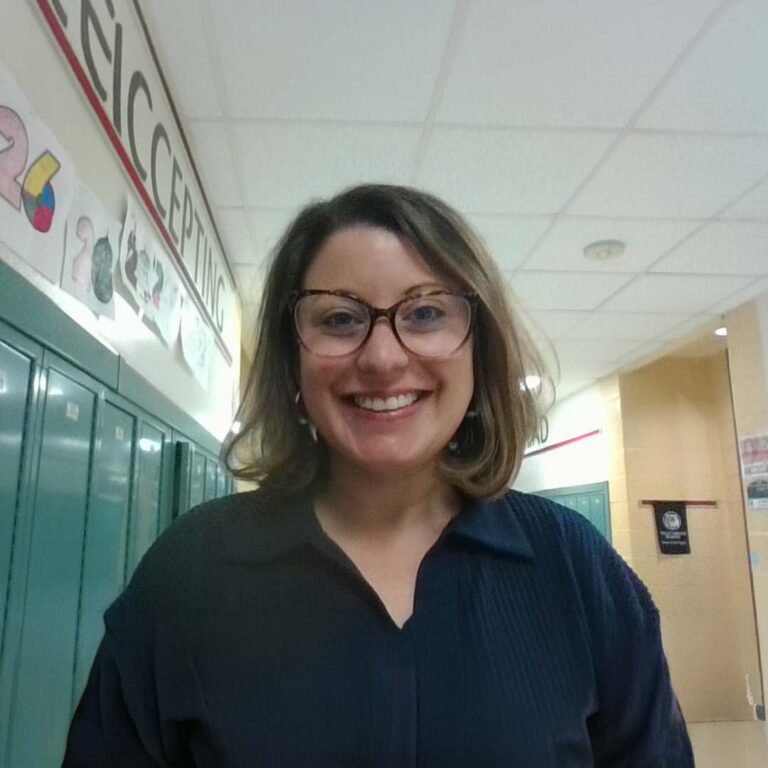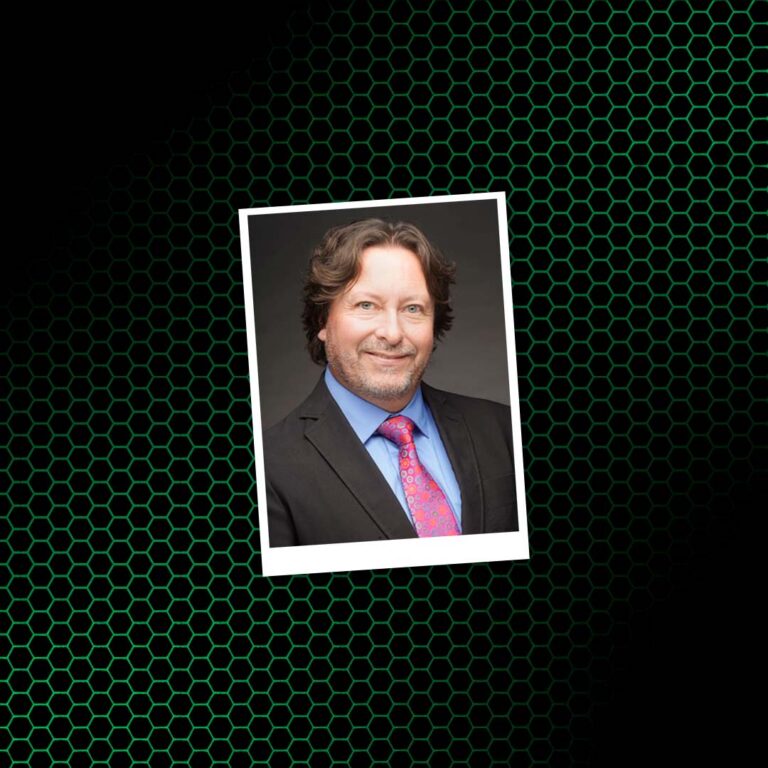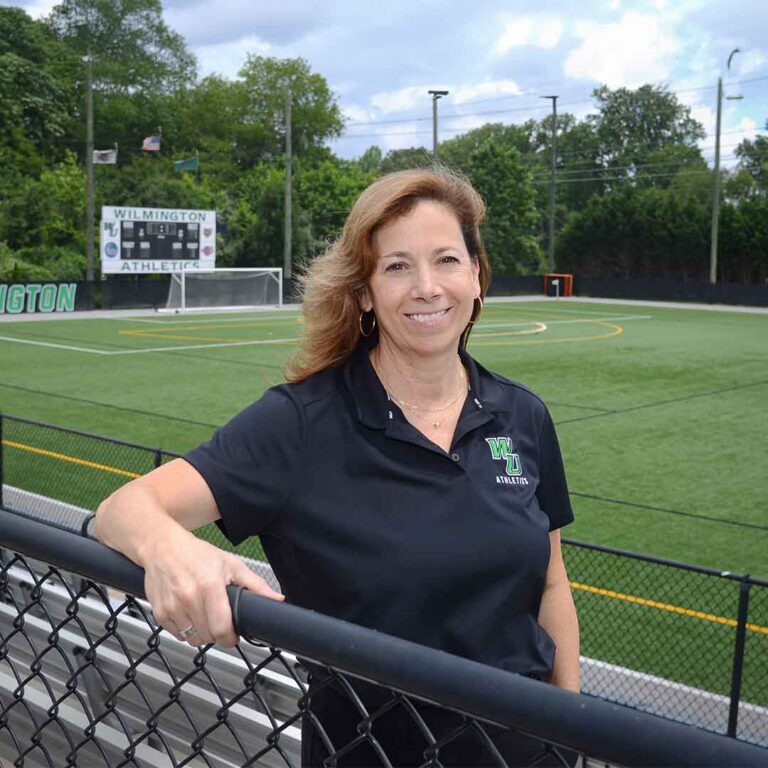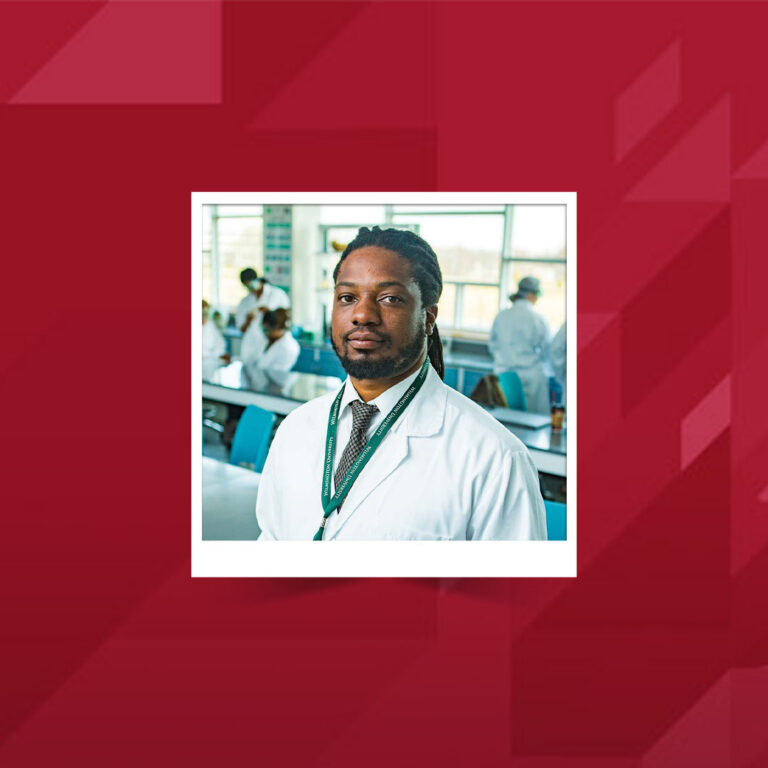A Lasting Legacy
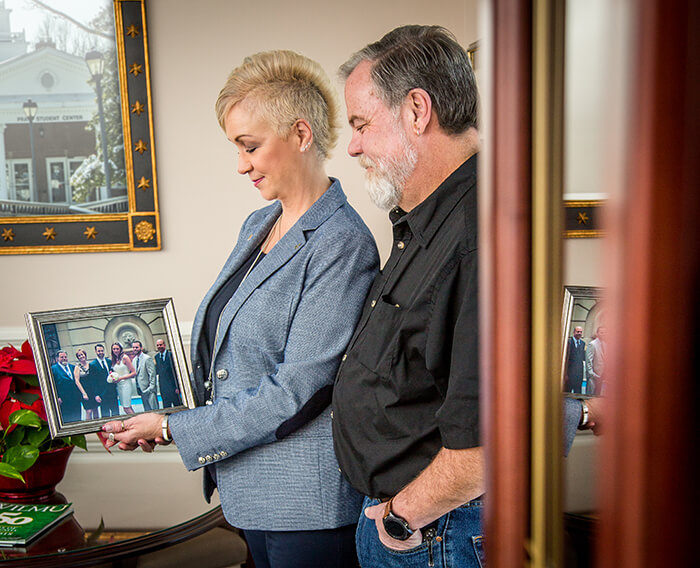
Prospects looked grim for Dustyn Thompson the night before he got the call.
He had long ago recovered from the opioid addiction that resulted from a trampoline accident when he was 13, but the chronic nerve pain in his back and neck was unrelenting. Money was so tight that he and his wife, Anna, had given up on starting a family. And there was the existential angst. His paycheck-to-paycheck lifestyle made Thompson fear that he would never lead the meaningful life he had intended.
“I really doubted if I would be able to make the difference I wanted to make,” he says, adding that he worked as a massage therapist but felt a political calling. He yearned to help draft legislation that benefitted those afflicted with addictions.
“My wife and I even stayed up, literally the night before I got the call, talking about the future and talking through my doubts.”
That call came from Wilmington University, informing Thompson that he would be the first recipient of the Mark S. Quinn Memorial Scholarship, which was seeded with a $60,000 contribution from Quinn’s estate last spring. The beloved maintenance manager passed away suddenly on March 5, 2015.
Receiving some funds from the scholarship was an affirmation for Thompson that he was on the right path. “Now I’m able to save and prepare for a growing family and worry less about the debt at the end of my schooling sending me into default,” he says. “I received new confidence that only comes when someone completely objective reviews your goals and what you’re doing and tells you, ‘I believe in what you’re doing, and I want to help.’”
That someone, albeit posthumously, was Mark Quinn.
“Mark clearly had a hand in seeing that it went to Dustyn,” says his sister-in-law, Donna Quinn, executive director in the Office of the President. “The more we learned about Dustyn, the more we knew it would have meant a great deal to Mark.”
What Thompson could not have known was that Mark, his benefactor, also struggled financially at one time, and because of that, would have wanted to support a person who overcame obstacles to create positive change in the world.
“That’s the way Mark was,” says his brother, Bill Quinn, senior director of Facilities and Maintenance Services. “He was incredibly humble. He had sheer pride in doing everything to perfection, and his generosity never stopped. He would have been so proud of Dustyn.”
Mark’s legacy is his craftsmanship, and his creations are ubiquitous throughout the WilmU landscape. (His initials are written in permanent marker on the back of everything he built.) The Quinns think of him every day, as do their sons, Eric and Josh. Eric has Mark’s woodworking talents; Josh his sense of humor. Both developed expertise in the art of the practical joke, learning from their Uncle Mark how best to outwit the other.
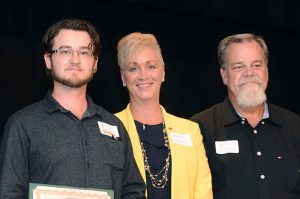
As for Thompson, he has embraced his studies and is working toward a bachelor’s in Government and Public Policy with a focus on Social Policy. He’s still working as a massage therapist, but he’s also putting in 25 hours a week toward volunteer political work — and maintaining a 4.0 GPA.
“The best way I can honor Mark is to stay the course and commit entirely to what my intentions have been,” Thompson says. “To help do all I can to make this world a better place by pushing policies that will help ensure that others can afford their schooling, combat the opioid epidemic by providing meaningful and affordable treatment options to help prevent prescription opioid addiction in the first place, and ensuring that our criminal justice system is rehabilitating people and setting them up to reenter society successfully, not locking them up based on economic or racial factors.”
Like Mark, whose generosity is reflected in the scholarship, Thompson wants to devote his life to service.
“Mark cared so much about people and the University,” Donna says. “And even though he didn’t have direct contact with students, he took great pride in everything he did. In one capacity or another, he wanted his work to benefit students and fellow employees.”
Thompson can’t articulate fully his gratitude, but in a letter to the Quinns, he wrote: “I will do all I can to pay this forward…I do not have any way to thank you, aside from the promise that I will do what I can to live up to this opportunity.”
-Maria Hess
